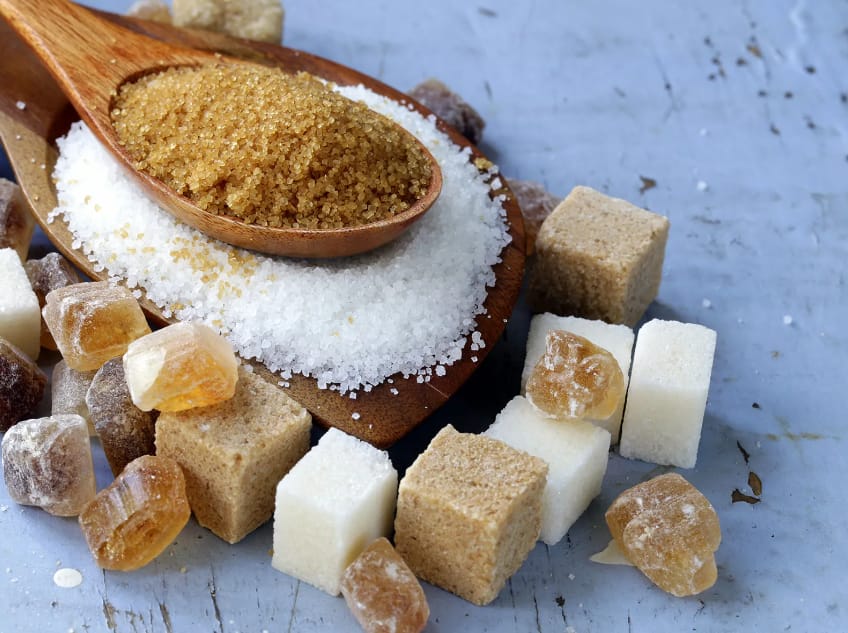When it comes to baking and cooking, substituting natural sugar can be a great way to enhance flavour while making healthier choices. Natural sugars, derived from fruits, vegetables, and other sources, offer a variety of benefits and can often be used in place of refined sugars. Here’s a guide to effectively substituting natural sugar in your recipes.
Understanding Natural Sugar
Natural sugars are derived from whole foods and include options like honey, maple syrup, agave nectar, and coconut sugar. Unlike refined sugars, which are processed and stripped of nutrients, natural sugars retain some of the beneficial properties of their sources.
Choosing the Right Substitute
Here’s a quick overview of popular substitutes and their uses:
- Honey: Honey adds a rich, floral sweetness and is excellent in baked goods, dressings, and marinades. Use about ¾ cup of honey for every cup of white sugar, and reduce the liquid in the recipe by ¼ cup to maintain the correct consistency.
- Maple Syrup: Maple syrup imparts a unique, slightly caramelised flavour. It works well in pancakes, muffins, and roasted vegetables. Substitute 1 cup of white sugar with ¾ cup of maple syrup and reduce the liquid in your recipe by ¼ cup.
- Agave Nectar: Agave nectar is a mild, slightly sweet option with a lower glycemic index. It’s suitable for beverages, dressings, and baking. Use ⅔ cup of agave nectar in place of 1 cup of white sugar and decrease the recipe’s liquid by ¼ cup.
- Coconut Sugar: Coconut sugar has a subtle caramel flavour and is an excellent one-to-one substitute for white sugar in most recipes. It works well in baking and cooking, offering a slightly lower glycemic index compared to regular sugar.
Adjusting for Consistency
When using natural sugars, you might need to adjust your recipe to maintain the desired texture and consistency. For example, since some natural sugars are liquid, you may need to reduce the amount of other liquids in your recipe. If you’re using a granulated substitute like coconut sugar, you can generally use it in equal proportions without altering the recipe.
Taste and Texture Considerations
Keep in mind that natural sugars can alter the taste and texture of your final product. Honey and maple syrup can add distinct flavours, while coconut sugar might impart a subtle caramel note. These changes can enhance the complexity of your dishes, so consider how the natural sugar’s flavour profile complements your recipe.
In conclusion, substituting natural sugar in recipes is an excellent way to create healthier and flavourful dishes. By understanding the properties of various natural sugars and making appropriate adjustments, you can enjoy the benefits of these alternatives while maintaining the integrity of your favourite recipes.

